 Reading
Reading
Instruction for early readers focuses on the essential sub-skills: phonemic awareness and phonics, decoding and sight words. Students are immersed in rich and robust literature to develop vocabulary, understanding of print concepts and text structure, and comprehension skills.
Fluent readers focus on vocabulary development, comprehension strategies for both fiction and informational text, reading analysis and the integration of reading with oral and written expression.
Participation in reading groups provides an opportunity for differentiated instruction, and allows students to engage in thoughtful dialogue around text.
Writing
Our youngest students communicate ideas about narrative and informational topics through a variety of approaches, including drawing, dictation and word/sentence writing.
As they become more adept, students are introduced to the writing process, and learn how to brainstorm ideas, write drafts, and edit their work. Students learn to compose more varied and complex sentences, and organize their ideas effectively into paragraphs, and eventually essays.
At age grade level, our teachers provide explicit instruction in spelling, grammar, punctuation, and vocabulary. Skill development is differentiated so that students learn at their instructional level.
Our classrooms explore different genres of writing, including research writing, creative writing, collaborative writing, and informational writing. Writing is seamlessly integrated with other content areas, and incorporated into interdisciplinary projects.
Digital tools are frequently utilized to allow students to collaborate on written compositions, incorporate multi-media elements, and publish their work.



